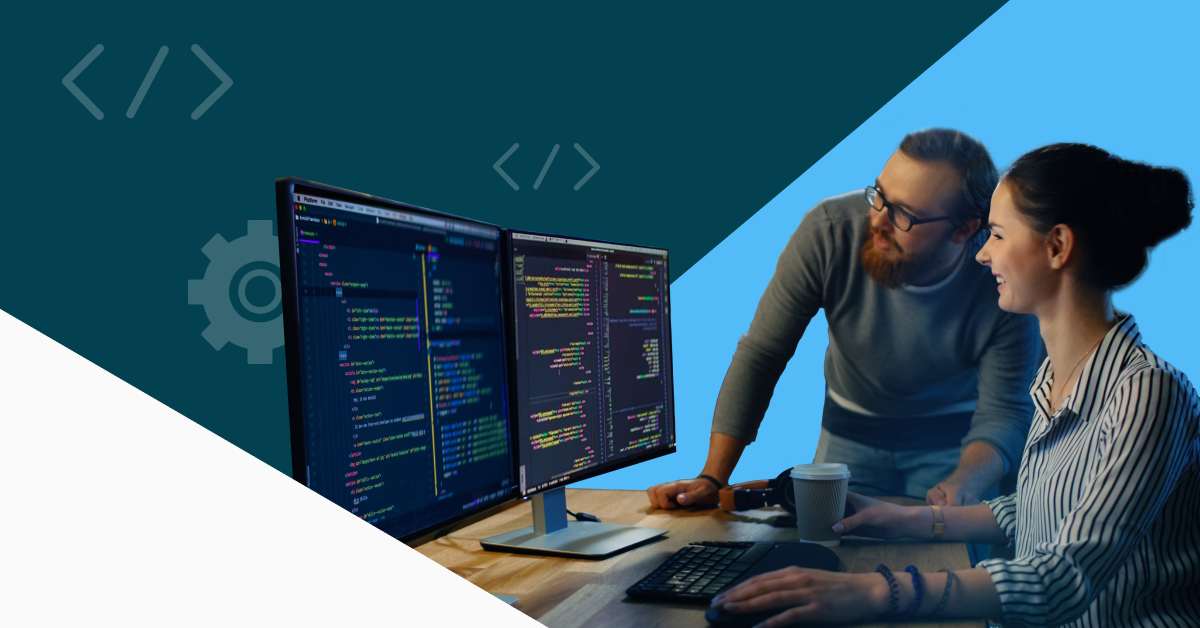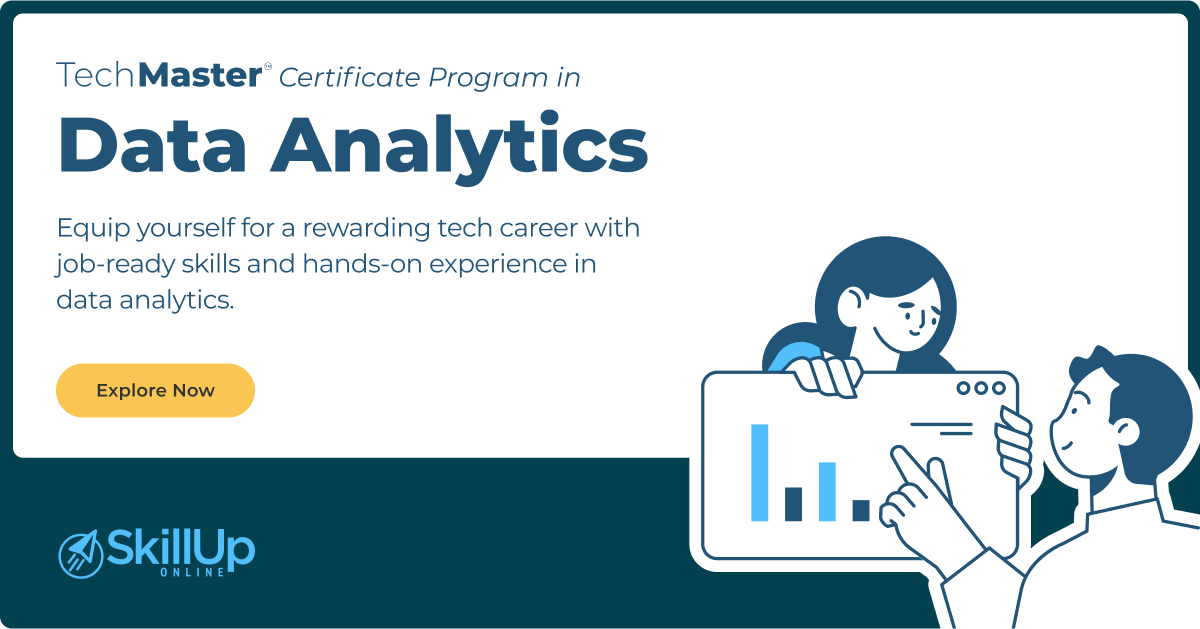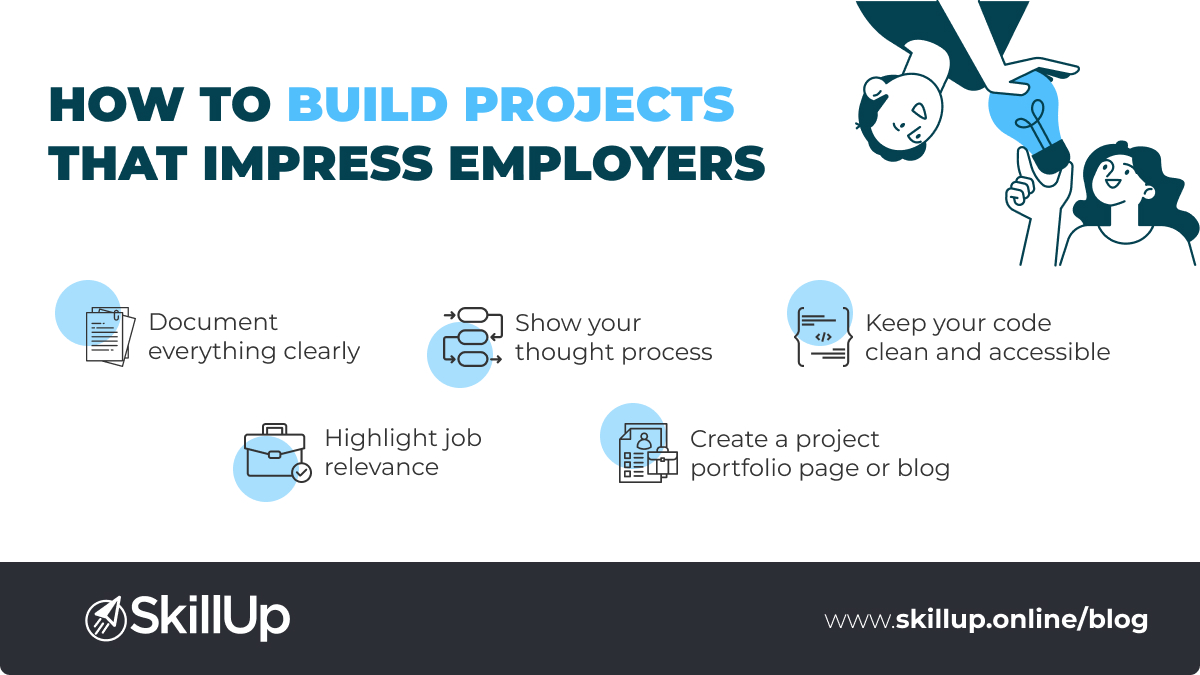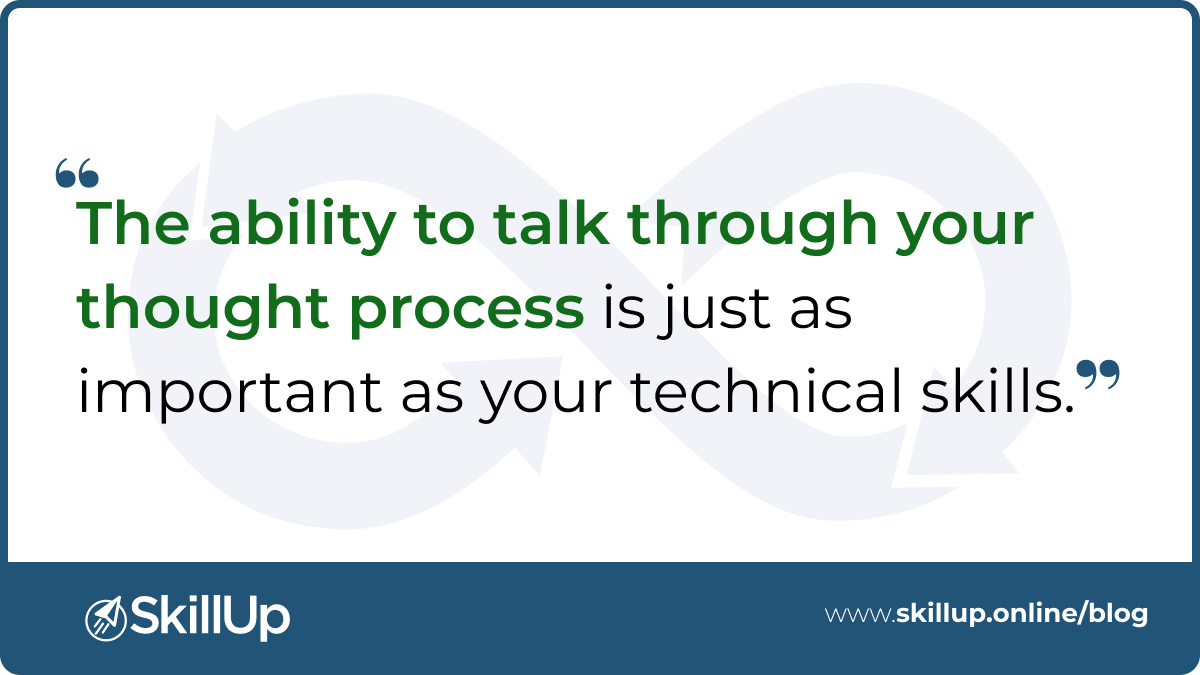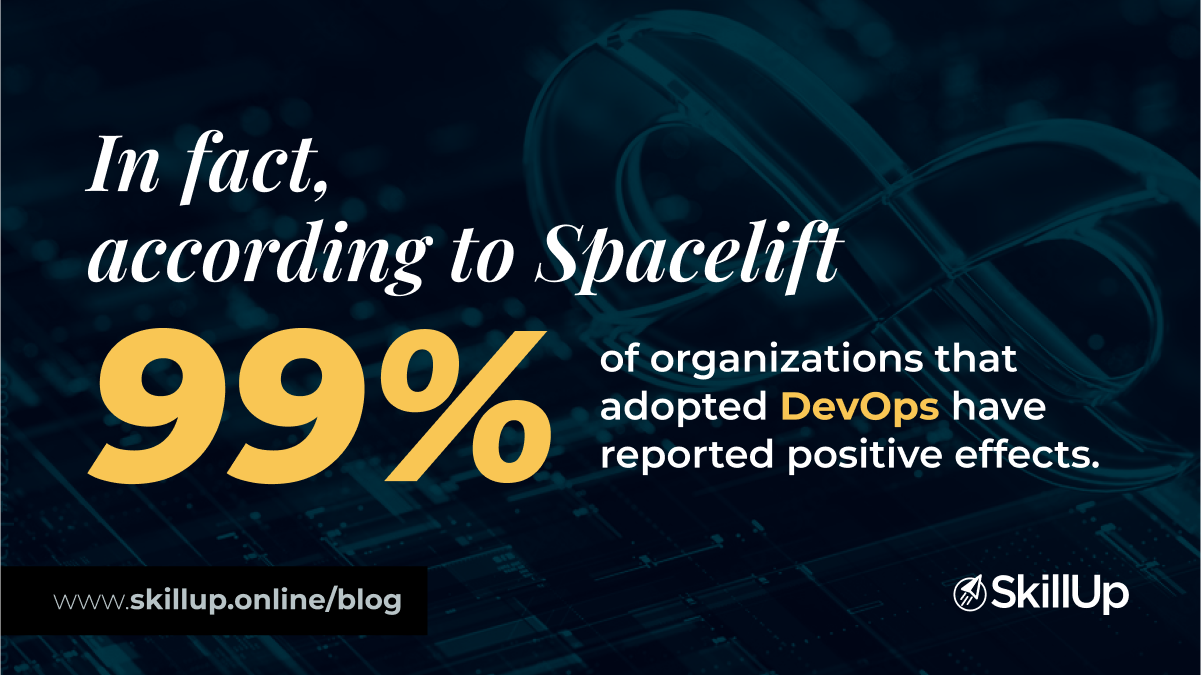Are you looking to advance your career in software development and operations? If so, becoming a DevOps engineer might be the perfect path for you. In today’s digital landscape, companies require a faster and more efficient software delivery process, and that’s where DevOps comes in.
According to industry analysts, the DevOps market is expected to grow at a CAGR of 24.9% from 2021 to 2029. Along with this, the demand for DevOps engineers is anticipated to grow by 21% by 2028. Both of these are compelling statistics to support a career in this domain, but how much does a DevOps engineer make? Talent.com states that the average salary for a DevOps engineer in the US is currently $130,000 p.a.
Attractive statistics, right? So, what exactly is a DevOps engineer? Let’s find out!
What is a DevOps engineer?
Simply put, a DevOps engineer is someone who’s skilled in automation, cloud computing, containerization, collaboration, and infrastructure-as-code. They’re the people responsible for making sure everything runs smoothly and efficiently.
If you’re curious about why they’re paid so well, it’s because their job requires a lot of expertise and experience. However, though it’s a challenging role it’s definitely worth it for those who love technology and automation.
Let’s have a look at the skills you need to become a DevOps engineer.
Top ten skills you need to become a DevOps engineer
To become a DevOps engineer, you typically need a degree. However, the primary focus of all recruiters is your skills and experience. So, gaining both is what you should focus on if you want to move into this field. Here are the top ten skills you’ll need.
-
Automation
Automation enables DevOps engineers to streamline the software delivery process and ensure that it runs smoothly. To become a DevOps engineer you must be proficient in writing scripts to automate tasks like software testing, building, packaging, and deployment. Plus, you must be familiar with tools like Puppet, Chef, and Ansible to manage configurations and automate the provisioning of infrastructure.
-
Cloud Computing
As a DevOps engineer, you must have a good understanding of cloud platforms like AWS, Azure, and Google Cloud, and be able to use them to optimize software development and deployment. You must be familiar with services like EC2, S3, RDS, and Lambda and be able to manage them efficiently. You should also be able to design and implement cloud-based architectures that are scalable, reliable, and secure.
-
Containerization
Containers allow developers to package applications into portable, standardized units that can be deployed across different environments. Therefore, you must be skilled in containerization and be familiar with tools like Docker and Kubernetes. You should also be able to create and manage containers, orchestrate container clusters, and automate the deployment of containerized applications.
-
Collaboration
DevOps engineers work closely with development and operations teams and must be able to facilitate communication between them. This means you should have the ability to work in a team environment and collaborate effectively with different departments to build consensus and resolve conflicts to ensure that the software delivery process runs smoothly.
-
Infrastructure-as-Code (IaC)
DevOps engineers need to be skilled in using tools like Terraform and CloudFormation to automate the provisioning of infrastructure. This enables you to manage infrastructure efficiently, make changes easily, and ensure that the infrastructure is consistent across different environments.
-
Security
Security is a top priority in software development and deployment. DevOps engineers must have a good understanding of security best practices and be able to implement them. As a DevOps engineer, it is a part of your role to ensure the software and infrastructure is secure.
-
Continuous Integration/Continuous Deployment (CI/CD)
To become a DevOps engineer, you must be skilled in CI/CD tools such as Jenkins and GitLab and be able to design and implement CI/CD pipelines. This involves creating automated build and test processes, managing code repositories, and automating the deployment of applications to production environments.
-
Monitoring and Logging
DevOps engineers need to be skilled in monitoring and logging tools like Nagios, Prometheus, and ELK Stack. So, you must be able to monitor the health of applications, detect and diagnose issues, and ensure that the software delivery process runs smoothly. You should also be able to analyze logs and performance metrics to identify areas for improvement and optimize the software delivery process.
-
Agile and Scrum Methodologies
DevOps engineers must be familiar with Agile and Scrum methodologies and be able to apply them to the software delivery process. This involves working in sprints, prioritizing work, and collaborating with different teams to ensure that the software is delivered on time and within budget.
-
Problem-Solving
Another important skill of a good DevOps engineer is the ability to analyze complex problems, identify the root cause, and develop effective solutions. Therefore, you need to have a strong understanding of software development and deployment processes, as well as the ability to work with different teams and stakeholders to implement solutions.
Can I build these skills from scratch?
If you are new to the world of DevOps, you might feel a little lost about how to get started. But don’t worry. There are plenty of resources available for you to start from scratch.
Enrolling in a comprehensive DevOps training program is a great place to begin with. You could even focus on a specific platform like Microsoft, which will take you on a learning path that builds skills in programming languages like Python, and prepares you for certifications such as AZ-900: Microsoft Azure Fundamentals, AZ-204: Developing Solutions for Microsoft Azure, and AZ-400: Designing and Implementing Microsoft DevOps Solutions.
As you progress, you’ll also want to build up your practical knowledge of key DevOps tools like Docker, Kubernetes, Ansible, and Terraform (there are plenty more to choose from too!).
And even if you’re already working in DevOps, it’s crucial to stay up-to-date with the latest skills and developments. As businesses evolve and adopt new technologies, they need DevOps engineers who can keep up and deliver solutions that align with their objectives. So, by continuously learning new skills and staying on top of industry trends, you’ll be able to demonstrate your value to an organization and stay ahead of the competition.
A final word
If you’re looking to become a DevOps engineer, it’s important to know that it takes dedication and effort to acquire the necessary skills. However, there are numerous resources to help you kickstart your journey. Here are some points to consider:
- Find the right certification programs and online courses that cover everything from the fundamentals to advanced level.
- Go platform-specific and focus on one popular platform, like Microsoft.
- Join various DevOps groups on LinkedIn to build connections with people in the industry.
- Stay updated with the latest trends and technologies, and always be on the lookout for new opportunities to expand your knowledge and skills.
If you would like to know more about how you can build skills and get started as a DevOps engineer, contact our Learner Support Team at [email protected]. They will be more than happy to guide you on the next steps you can take.
SkillUp Online
